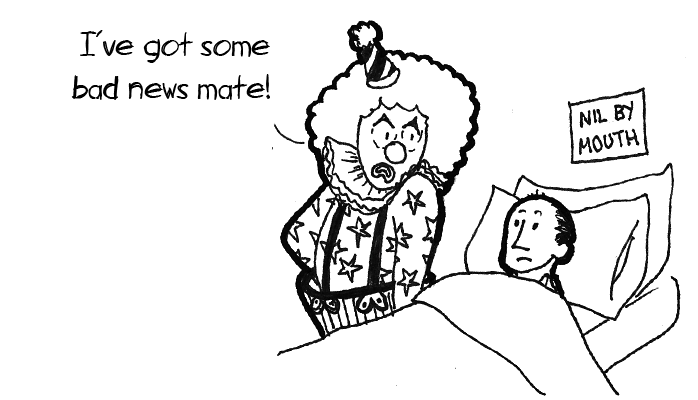‘Poacher turned gamekeeper’ is a phrase I remember from my childhood. It means someone whose behaviour is the opposite of what it used to be.
As an activist and changemaker, over the years, I have learnt how resistant to persuasion people are, and how readily they will cognitively dismiss new ways of doing things, or new frames of view. Especially when they are wary of the person suggesting it.
One of my challenges as an entrepreneur in my early twenties, in managing employees, customers and suppliers much older than me, was the issue of being taken seriously.
“When you are older, you will understand,” people said, without actually spending any energy on hearing what I had to say. I understood pretty quickly that people were not even listening to me at all – much less, disagreeing with the content. I had to develop techniques to get people to understand the messages I was trying to convey, even though I was being dismissed as the messenger. Pretty quickly, I learnt how to delegate the communication of the message to individuals who were likely to get better outcomes. Generally, another employee, or client, or supplier. People like themselves.
The ego will defend its reality pretty strongly, so to get past it and make progress, you have to use non-linear methods. What I learnt is that people feel safest with people who are most like them: people who reinforce their version of reality. To ensure that people are more open to listening, be aware of this dynamic.
In the past 4 years, I have sourced many speakers to visit my community to create change and promote activism. Those most successful in persuading people are the poachers turned gamekeepers: the medical doctor who then trained in alternative medicine; the policeman who is now an advocate of decriminalisation… and so on. It’s not the most knowledgeable person that makes change happen. It’s the person with the best language and a shared history, who, for valid reasons, changed sides – they are the ones who make change happen. They can tap into subconscious dissatisfactions and share all the emotional responses and reasons why they changed their own minds about what they do. They get people listening and trusting, before they even start a conversation.
I even do this on a personal basis. If my wife or a good friend is stuck on an issue and resisting change or action, I will find a person like them, who then made a shift, and I invite them to dinner. I just create the space or interaction, then I let nature take its course, trusting that sense will prevail if they trust them, feel safe enough to listen and if what they are hearing resonates with them. If I tried to make the same suggestions, I would be met with all the typical resistance and defence mechanisms that someone ‘a bit on the edge’ might get. A mother is more likely to listen to another mother about raising children, than to her husband. An unhappy employee will listen to another former employee about leaving a job and choosing a new career.
To be successful, it is important to curate the message, rather than believe yourself to be the best person to deliver it.
Adopting this approach can be hard – and can be open to misaligned intentions. We all want to be heard and be considered ‘right’ in what we say. Knowing when we are not the best person to give the message is an important thing to learn in change-making. At times, we want to get our own way or do it ourselves, rather than create experiences for another person’s best interests. Although when adopting an approach like this, make sure you know the difference between creating opportunity for people and manipulating them for your own benefit.
Since persuasion is a key component in getting successful outcomes, it is really important to be aware of this dynamic: ultimately, who says is as important as what is said.
To being open to listening. To the best messenger.
Marc
Buy Me a Coffee
Did you love this article? If so please consider buying me a coffee.
Take The 50 Coffee Adventure
A Fun, Light and Easy Way to Build Connections
Or search your local Amazon store for "The 50 Coffee Adventure".

Speak Your Mind